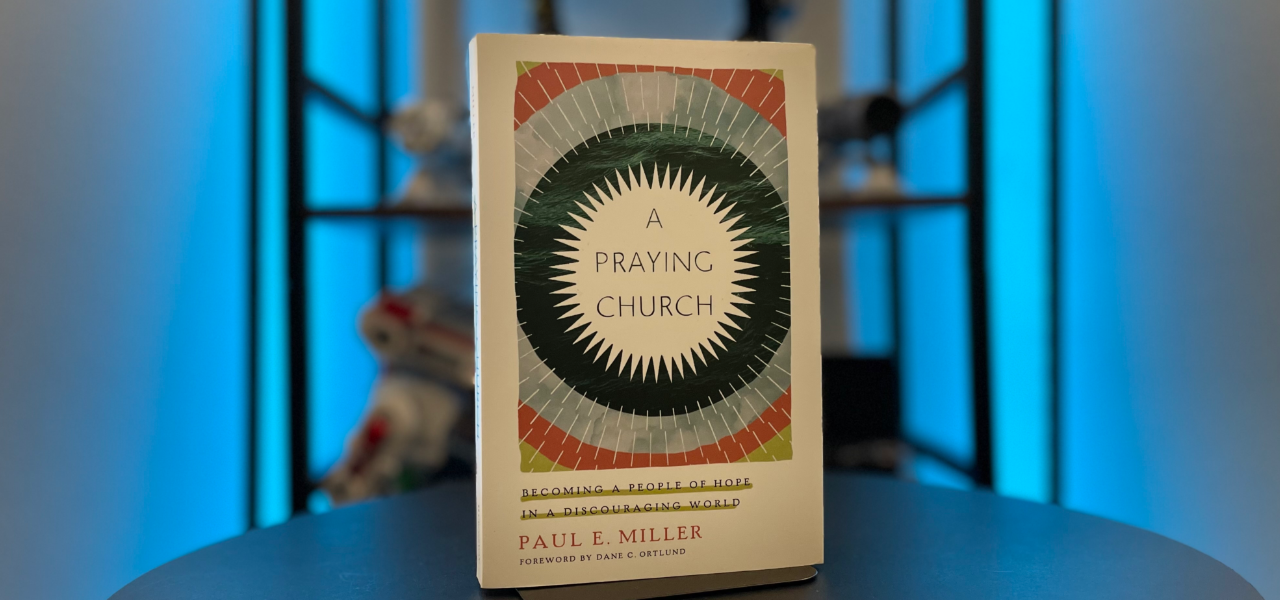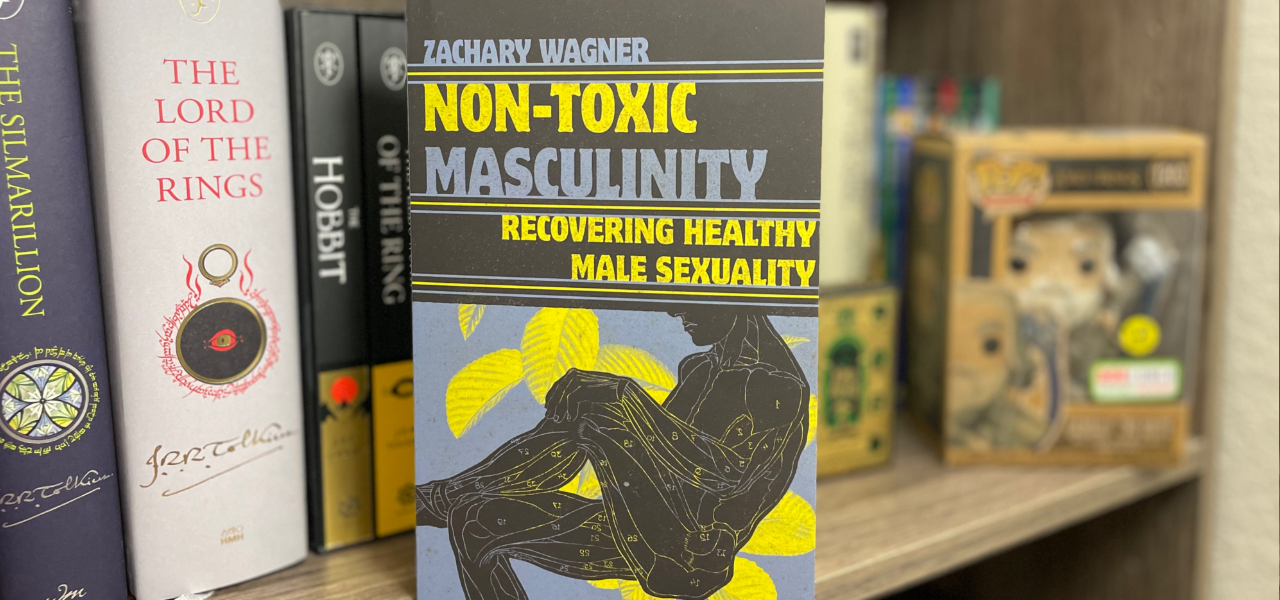Why I’m Not Leaving The Church

I don’t know that I should still be in church.
Now obviously that statement needs some explanation, so let me tell you my story.
I grew up the son of a preacher. (Sorry if that song is now stuck in your head.) For a little over a decade my dad stepped out of ministry and became a probation officer. Then when I was in 6th grade we went back into ministry and my dad served as a pastor in 2 different churches. In 2011, my dad took his life. He had been involved in a lot of immoral and illegal activity and when the police came to arrest him, he took his own life. In the months that followed I learned a lot about my dad that I’m thankful had been shielded from me when I was growing up. The sin that led to him taking his life was just the tip of the iceberg and had been a consistent pattern throughout his life. And I’ll be honest, I took a hard look at what I believed and what I was doing with my life.
Do I want to pursue being a pastor at a church?
Is church even worth it?
Is Christianity even real?
I have a friend who recently heard my story ask me “ Why are you still in ministry and even in church? ”
That’s a good question.
Now I’m not sharing my story with you so that you feel bad for me. I feel plenty bad for myself. Just ask my therapist. I share my story because I want you to know that I understand that church can hurt. It’s something that I have been learning to live with every day for the past decade. I’m also not writing this as an assistant pastor—someone within the church establishment who you would expect to write this. I’m writing it as someone who has been hurt in the church. When I talk about not leaving the church I don’t want you to think that I am unaware of the damage that has been done in the church and by church leaders. Many have had their faith solidified by men like Ravi Zacharias only to have it all come crashing down because of their abuse. I get it. I’ve lived it.
The church is the body of Christ. In God’s design, the church is supposed to be his physical representative on earth. (1 Corinthians 12:27) This can be so beautiful when the church operates the way God designed it to. But when hurt or abuse enters the scene it becomes equally painful. The very thing that was supposed to represent God’s grace and mercy in your life was the thing that brought devastation and pain.
If you are reading this and you too have been hurt by the church, my heart breaks for you. What you’ve experienced shouldn’t have happened. I wish I had better answers for you. But instead of offering some feeble explanation, I want you to know that you are not alone. Christ feels your pain. Remember, you are a part of his body. He cares about you. (Ephesians 5:29-30). That means when you hurt, he hurts. That means when someone, even a religious leader, is the cause of your pain or abuse, Christ feels it. He even goes so far as to say it was done to him. (Acts 9:4) Jesus even warns the wayward church that if they don’t repent and put Jesus first he will “remove their lampstand.” (Revelation 2:4-5) Christ does not consider them part of the church. If you really want to know how he feels about it, check out Matthew 18:6. It says
But whoever causes one of these little ones who believe in me to fall away — it would be better for him if a heavy millstone were hung around his neck and he were drowned in the depths of the sea. If that is where you still find yourself, leave that “church.” My family and I did. We got to a point where healing was not possible in our location. So we made he courageous decision, packed up everything, and moved. But don’t give up on THE Church. I promise you, there is a body of believers who want to walk alongside you and help you experience authentic grace.
I, like you, have deep wounds. But even still, I am writing this from a deeper love and care for the church—the body of Christ—because it was through the church that I found healing. It was in the church that I found an older mentor who had gone through similar circumstances and was able to walk with me through the pain I was enduring. He showed me for the first time in my life what it was like to relate to God as my Father. In our new church we are an authentic community, friends who we can lean on, friends who listen, and aren't afraid of our mess. Friends who I could be with and say nothing, or say anything and they were present with me. This church gives us a safe space and supports us as we walk through our grief and trauma. They are helping us unpack our pain and equipping us to process and spiritually heal as we try to move forward with our lives. Sitting in church every week, as a lay person, has fed our souls when we were too tired or angry to feed ourselves. When we couldn't even show up, that was okay too. It was through the church that we are learning what real grace is.
I realize how fortunate I am to have had the experience I’ve had in the local church I call home. But it isn’t perfect. I learned to deal with well-meaning people saying very stupid things. (Much of which I can laugh at now.) I learned I needed to set some boundaries. Some didn’t understand how much time healing takes. No, my church isn’t perfect. Neither am I. I’ve been the one who said stupid things. I’ve thought “I should be over this by now.” Imperfectly growing with imperfect people is messy. But I’ve learned there is beauty in this mess too. It’s in this mess that you become known and loved and there is so much healing in that space. (If you find yourself in a church culture that isn’t sinful or abusive, but it’s also not conducive to healing, let me encourage you to be a conduit of changing grace in that church. If you are not in a position to do that, move to Yuma. I’ve got a great church for you.)
Why am I still in the church? Where else would I go? The world is full of hurt. The world is full of pain. But true, healing grace is in the church, the body of Christ.
Why am I still in church? The answer is simple: “Because I’m still in Jesus.”




